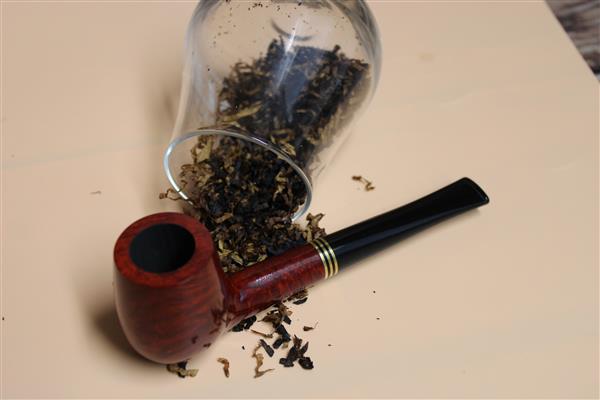Laiton
oking tobacco and cigars were not as popular. It wasn't until the 19th Century that cigars regained their popularity, and the production of high-quality cigars became a craft. One of the most renowned cigar-producing countries is Cuba, and among the many exceptional Cuban cigars is the Laiton.
The creation of the Laiton can be considered a turning point in its history. In the early 20th Century, a tobacco farmer named Benigno López developed a hybrid seed by crossing different strains of tobacco. This seed would eventually become the foundation of the Laiton cigar. López's innovation in hybridization allowed for the creation of a new cigar that had a unique flavor and aroma.
The ‘discovery’ of the Laiton is also significant in its history. The cigar became well known when it was sold to the American market in 1946. The unique flavor and aroma of the Laiton made it stand out, and it quickly became a favorite among cigar enthusiasts. This newfound popularity led to a boom in the production of the Laiton, ultimately solidifying its place in the cigar world.
The Cuban legend of the Laiton adds to its mystique. Legend has it that the name Laiton was derived from the Spanish word "lata," which means tin. During the 1920s, the cigars were packaged in tin boxes, and over time, the cigar itself became known as Laiton. This legend, though unsubstantiated, adds to the charm of the Laiton cigar.
Coming to America was another turning point for the Laiton. The sensitivity and inaccessibility of overseas cigar leaf resulted in China's four major cigar-growing regions seizing the opportunity to stabilize production and ensure the quality and availability of cigars. The Laiton was one of those cigars, and its entry into the American market allowed even more people to enjoy its unique flavors.
The Cuban Revolution had a significant impact on the cigar industry. Most Cuban cigar brands were nationalized, and many of the country's cigar makers fled to other countries, bringing their expertise and tradition with them. This diaspora brought the Laiton to places like the Dominican Republic and Honduras, where it continued to be produced to high standards.
The boom of the Laiton in the late 20th Century is another significant turning point in its history. The cigar became a symbol of luxury and was favored by many celebrities and high-profile individuals. It was during this time that the Laiton cemented its place in the cigar world as a high-quality, top-tier cigar.
The opening of the internet and access to information revolutionized the cigar industry. It allowed enthusiasts to learn about cigars that they may not have had the chance to try before, and it allowed for easier access to high-quality cigars. The Laiton is no exception, and it continues to be a favorite among cigar enthusiasts worldwide.
In conclusion, the history of the Laiton cigar is a story of innovation, tradition, and resilience. Its unique flavors and aromas have made it a favorite of cigar enthusiasts worldwide. From its creation in Cuba to its diaspora and eventual recognition as a top-tier cigar, the Laiton is a testament to the skill and dedication of cigar makers worldwide.
